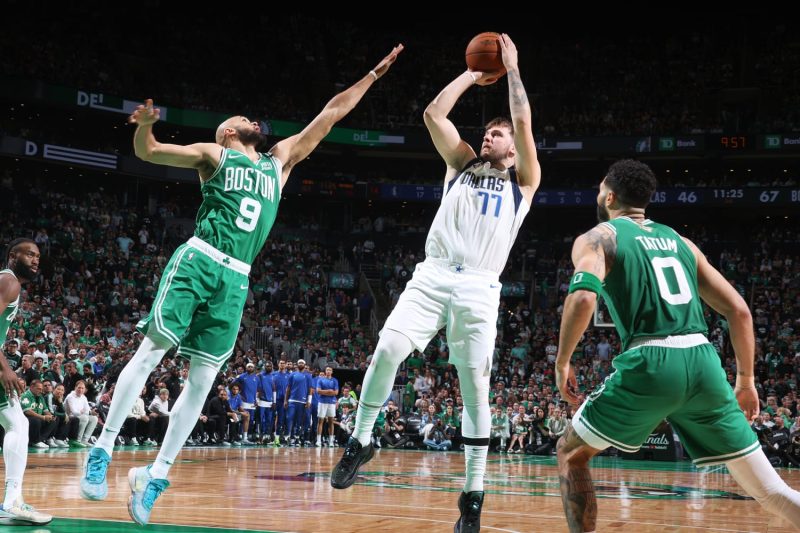The NBA’s Switch to Amazon as its New Media Partner:
Analyzing the Implications and Opportunities
In a recent turn of events, the NBA announced that it would be teaming up with Amazon, shunning Warner Bros. Discovery for its media partnership. This move has sent shockwaves throughout the sports and entertainment industry, prompting speculation on the motivations behind the decision and what it means for both the NBA and Amazon. Let’s delve deeper into the implications and opportunities this partnership might bring.
First and foremost, the switch to Amazon signifies a strategic shift in the NBA’s approach to reach its global audience. Amazon’s extensive reach and digital prowess offer the league a unique opportunity to expand its fan base beyond traditional media channels. By capitalizing on Amazon’s platform, which includes streaming services and an established customer base, the NBA can tap into new markets and demographics that were previously out of reach.
Moreover, the partnership with Amazon could open up new avenues for revenue generation for the NBA. With the growing trend of cord-cutting and the rise of digital streaming services, traditional media partnerships have become less lucrative. By partnering with Amazon, the NBA can explore innovative monetization strategies, such as exclusive content offerings, in-app purchases, and personalized fan experiences. This shift towards a more direct-to-consumer model aligns with the changing landscape of media consumption and presents a promising opportunity for the league to boost its bottom line.
Another key advantage of teaming up with Amazon is the potential for enhanced viewer engagement and interactivity. Amazon’s technological capabilities, such as AI-powered recommendations and interactive features, could revolutionize the way fans consume NBA content. By leveraging these tools, the league can deliver a more personalized and immersive viewing experience, fostering deeper connections with fans and increasing overall engagement levels. This heightened level of interactivity could translate into increased fan loyalty, retention, and ultimately, revenue for the NBA.
On the flip side, the move away from Warner Bros. Discovery raises questions about the impact on traditional media companies’ hold over sports broadcasting rights. As digital platforms like Amazon continue to gain prominence in the media landscape, traditional broadcasters may face heightened competition and pressure to adapt to changing consumer preferences. The NBA’s partnership with Amazon could signal a broader shift towards digital-first approaches in sports media, challenging the status quo and prompting other leagues to reconsider their media strategies.
In conclusion, the NBA’s decision to partner with Amazon marks a significant milestone in the evolution of sports media partnerships. By embracing digital innovation and leveraging Amazon’s vast resources, the league is poised to enhance its global reach, drive new revenue streams, and revolutionize the fan viewing experience. While the implications of this partnership remain to be fully realized, one thing is clear: the NBA is boldly stepping into the future of sports media, setting a new standard for industry collaboration and engagement.

